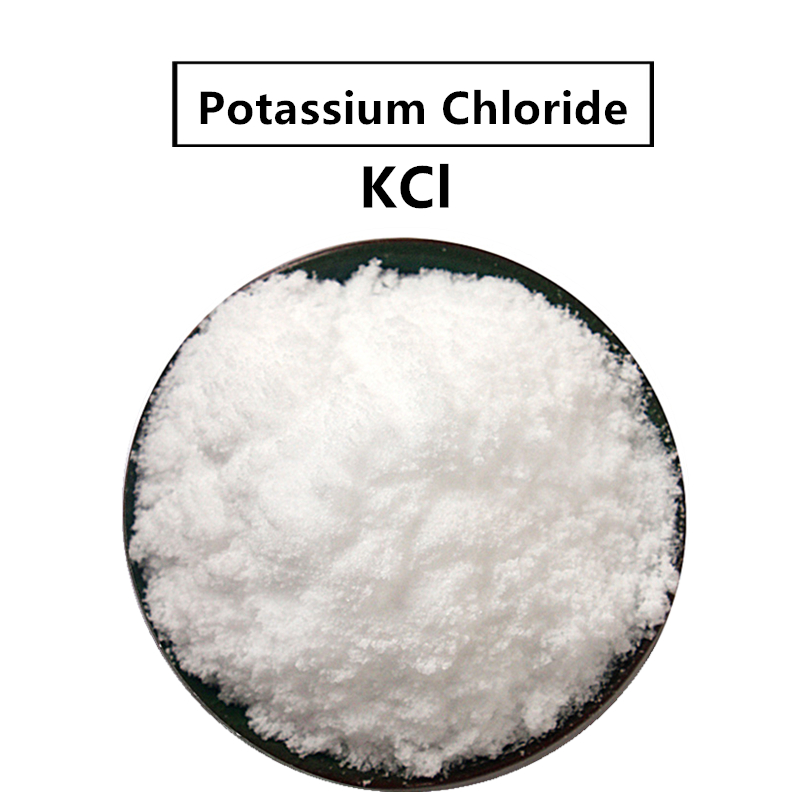
Research shows that exercise may help to reduce the risk of developing chronic diseases such as diabetes and heart disease. Research has shown that moderate exercise is associated with a lower risk of certain types and types of cancer. People who exercise regularly are less likely to develop diabetes or cardiovascular disease. This is linked to obesity. These conditions are more common in people who exercise regularly, and this can be prevented.
Many benefits can be derived from exercise. It has been shown that exercise can improve memory and concentration, decrease the risk of depression, increase the immunity system, and lower cholesterol and blood pressure. Additionally, physical activity increases WBCs. This makes it an excellent antiinflammatory agent. This could be a way to avoid many diseases. Exercise is being recommended as a treatment for chronic illnesses because of its many benefits.

The benefits of exercising are transdiagnostic. They can differ depending on what symptoms you have. Exercise can help improve sleep quality, mood, stress relief, and anxiety. Exercise is also a great way reduce your risk of stroke, diabetes, heart disease and other illnesses. You can prevent these diseases by exercising. It is also an effective way to maintain your health and weight.
According to the Mayo Clinic in the U.S., 29 million people have diabetes. Most of these people are unaware of their condition and have never been diagnosed. A study on heart attack patients revealed a 20 to 25 percent reduction in their mortality rates compared to those who didn't participate. Other studies found even greater reductions. Studies from the past were reviewed in large numbers and concluded that exercise rehabilitation made it more likely for people to survive heart attacks.
Regular exercise has numerous health benefits. It can improve the quality of life and reduce the risk of many diseases, including type 2 diabetes, cardiovascular disease, and several types of cancer. It can also lower the likelihood of other health problems such as depression, anxiety, dementia, or dementia. These are just some of the many health benefits that exercise can bring. It is important to be active and avoid the risks of chronic diseases. Exercising has many other benefits.

Regular exercise is linked to lower chances of developing chronic illnesses such as diabetes and heart disease. It can help lower your risk of developing high blood pressure or other complications. It can also help you to be healthier. A study of heart failure has shown that a high physical-activity level can prevent the formation of a stroke. Your risk of developing cardiovascular diseases is reduced when you get more active. If you're overweight or obese, exercising can help to lose weight.
FAQ
How Metabolic health is key to aging well
People are living longer today than ever. But as they do, they're also getting sicker. Despite making great progress in medical science, it is becoming more apparent that our current approach to medicine is not working.
It is time to change the way we view health and aging. Healthful aging requires that we start to think about metabolic health, which is not only weight loss but overall well-being.
If you want to live a healthy, active lifestyle for the rest of your life, it is important to maintain a strong metabolism throughout your entire life.
There are many ways you can improve your metabolic health. One way to improve your metabolic health is to incorporate these seven foods into your daily diet.
-
Blueberries contain resveratrol, which has been shown to help support cellular longevity. They are also rich in vitamins C & E and antioxidants.
-
Beans such as pinto beans and lentils provide excellent fiber and plant protein. These nutrients are important for maintaining blood sugar levels that don't spike, crash or change.
-
Broccoli contains the antioxidant sulforaphane. This has been shown in studies to protect DNA. It may even be able to slow down cancer progression.
-
Chia seeds are rich in fiber and omega-3 fatty acid. They are also high in antioxidants and proteins. All these nutrients support heart health, brain function and gut health.
-
Green Tea contains polyphenols called catechins. Green tea's catechins have been linked with reduced bone fractures as well as cardiovascular disease, cognitive decline, dementia, and increased diabetes risk.
-
Salmonis one of the best sources of lean protein, low in saturated fat, and packed with vitamin D.
-
Walnuts are rich sources of omega-3s and antioxidants, such as alpha lipoic (ALA). ALA boosts energy production and reduces inflammation.
What is a good schedule for a 7-day work out?
A seven-day exercise program should consist of three days per week of cardiovascular training (running, biking, swimming), two strength exercises (using free weights, weight machines), and one flexibility/core workout (yoga, Pilates). Each activity should be performed at least once each week. Each session should not take more than 45 mins.
Cardiovascular Exercise: Running, Biking, Swimming
Aim to do at least 60 minutes per week of cardio. To achieve the best results, aim to exercise for at least 75 minutes each week. Cardio exercises can be used to increase blood flow, stimulate muscle growth, and improve blood circulation.
Strength Training
Cardio exercises target your heart and lungs. Strengthening your muscles and bones is the opposite. Strength training is a great way to build lean muscle mass that helps you burn calories even if you are not actively exercising.
Flexibility & Core Workouts
Your whole body will be stronger if you have flexibility and core training. Yoga and Pilates are both excellent choices.
What does the milk do for men
When you next buy milk, think of other uses. It might also help if you start drinking less coffee.
Both children and adults have been shown to benefit from milk. Milk is rich in nutrients for children, including vitamin D and calcium.
It helps with digestion, promotes weight growth, and improves bone strength. People who consume dairy products have lower rates of illness and better immune systems.
Lactose is also a major component of milk, so those who are unable to digest it easily can still enjoy the benefits of this sugar without having stomach problems.
You can drink more milk than you would soda or juice. The extra calcium and vitamin D found in milk can help strengthen your teeth and bones.
You can make yogurt with plain low-fat milk if you don't love the taste of milk. Yogurt is an excellent alternative to milk because it is lower in calories, and contains more protein.
Yogurt also has probiotics that aid digestion and increase immunity.
Try warm milk to help you fall asleep. Warm milk helps relax muscles and boosts serotonin levels.
Statistics
- The PRS enabled risk stratification for overall prostate cancer and lethal disease with a four-fold difference between men in the highest and lowest quartiles (HR, 4.32; 95% confidence interval [CI], 3.16-5.89). (pubmed.ncbi.nlm.nih.gov)
- 10 pounds in a month is likely during a lean bulking phase, especially for beginners. (muscleandstrength.com)
- By John Thompson Take a whopping 38% off a set of PowerBlock Pros. (menshealth.com)
- Get free shipping and 25% off today. (healthline.com)
- Cardmembers earn 5% Back at Amazon.com with a Prime Credit Card. (amazon.com)
External Links
How To
How to Eat Well for Men
Eat small meals throughout the day instead of three big ones. You'll spend less time waiting for your food to be digested. You'll be less likely to overeat later.
Avoid snacking prior to bed. Do not eat after midnight. You may wake up hungry and overeat next day.
Consider having a light snack one hour before bed.
Avoid snack attacks. This is when you grab something to munch on whenever you feel hungry. This is especially harmful if you are already overweight.
Make sure that all of your meals are balanced. You can skip breakfast, but don't overdo it for lunch or dinner.
Reduce your calorie intake if you are having difficulty losing weight.
You can cut out caffeine, alcohol, and nicotine. Both can affect how your body processes nutrients.
Get plenty of sleep. Sleep deprivation makes people crave junk food.
Exercise regularly. Regular exercise can improve your mood and boost energy levels. It also burns more calories.
Take care of your emotions. Stress can cause weight gain and overeating.
Learn to relax. Relaxation can be achieved through meditation and yoga.
Keep track of what you eat. Notify your family about everything you eat.
Remember to take supplements! The majority of men don’t get enough vitamins, minerals and nutrients to remain healthy.
You should take a multivitamin each day. A multivitamin daily can help prevent certain deficiencies in key vitamins and minerals.
Consider taking a vitamin D supplement. It can help prevent scurvy, strengthen your immune system, and keep you healthy.
Add zinc to your diet. Impotence can be caused by zinc deficiency.
Get enough water. Keep fluid intake at 1.5 liters, or about 4 cups daily.
Limit salt. Limit sodium intake.
Avoid trans fats. Trans fat has been linked to higher obesity, diabetes, and heart disease rates.
Best Male Enhancement Products for 2018 – Best Male Enhancement Tablets Reviews
There are many types of male enhancement products today. Some work well, while others do not provide any real results. This article aims to give you some information about the best male enhancement pills that actually work.